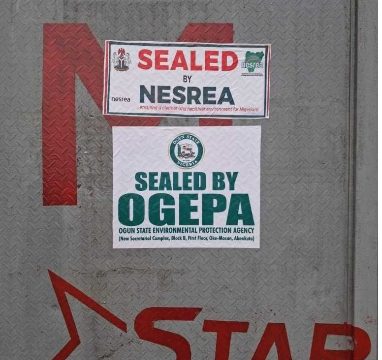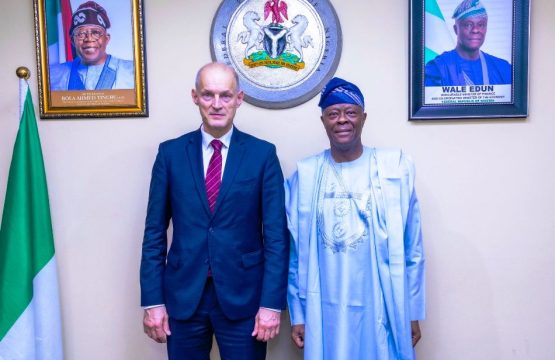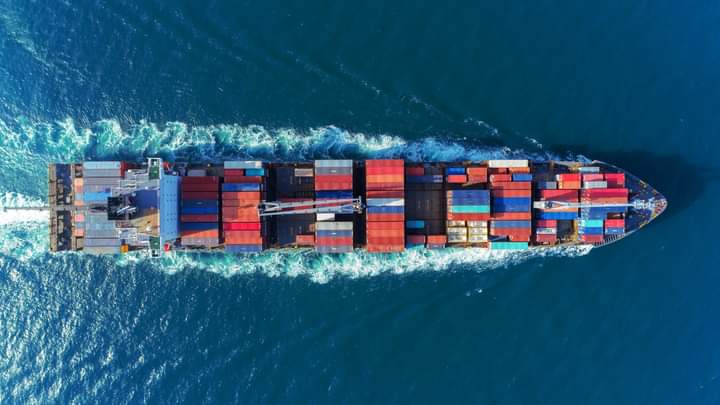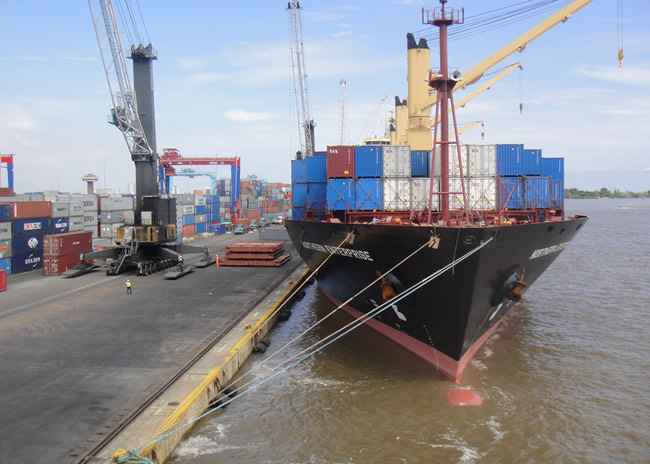The WTO says that it’s member countries introduced more trade-facilitating measures than trade-restricting measures on goods, between mid-October 2023 and mid-May 2024.
It’s Director-General, Dr Ngozi Okonjo-Iweala, said : ” It’s an important signal of members’ commitment to keep trade flowing despite the current geopolitical uncertainty.”
WTO, in its latest Trade Monitoring Update issued on 8 July, also notes a rapid increase in industrial policy subsidies, particularly in areas related to climate change and national security.
States the report: ” During the review period, WTO members introduced more trade-facilitating (169) than trade-restricting (99) measures on goods.
Most of the measures were on the import side. The introduction of new export restrictions declined significantly during the review period.
Reversing a trend observed between 2021 and 2023, new import restrictions outpaced the number of new export restrictions.
The overall trade coverage of the trade-facilitating measures, on both the import and export side, was estimated at USD 1,219.0 billion, up from USD 977.2 billion in the last report.
The trade coverage of other trade and trade-related measures on the import and export side — covering those that are neither trade-facilitating nor trade remedies — was estimated at USD 433.6 billion, up from USD 337.1 billion in the last annual report.
The average number of trade remedy initiations increased during the review period (24.6) after years of a declining trend. Almost 90% of the investigations recorded were initiated by G20 economies. Anti-dumping continued to be the most frequent trade remedy action, accounting for 70.3% of all initiations and 93.9% of all terminations.
The trade coverage of all trade remedy investigations initiated during the review period was USD 56.1 billion (up from USD 24.6 billion in the last annual report) and that of terminations was valued at USD 2.5 billion (down from USD 15.5 billion in the last report).
In the services sectors, most new measures introduced by WTO members were trade-facilitating, either liberalizing or moving towards an improved regulatory framework.
WTO members also continued to fine-tune their intellectual property regimes. The implementation of new COVID-19 trade-related measures on goods, services, intellectual property, as well as government support measures related to COVID-19 by WTO Members continued to decline.
The stockpile of import restrictions in force has grown steadily since 2009, both in value terms and as a percentage of world imports. So far in 2024, the trade covered by import restrictions in force was estimated at USD 2,272 billion, representing 9.7% of total world imports.
The review period revealed significant new activity in terms of economic support measures. The provision of subsidies as part of industrial policy is increasing rapidly, especially in areas related to or referencing renewable and non-renewable energy sources, climate change and national security.










